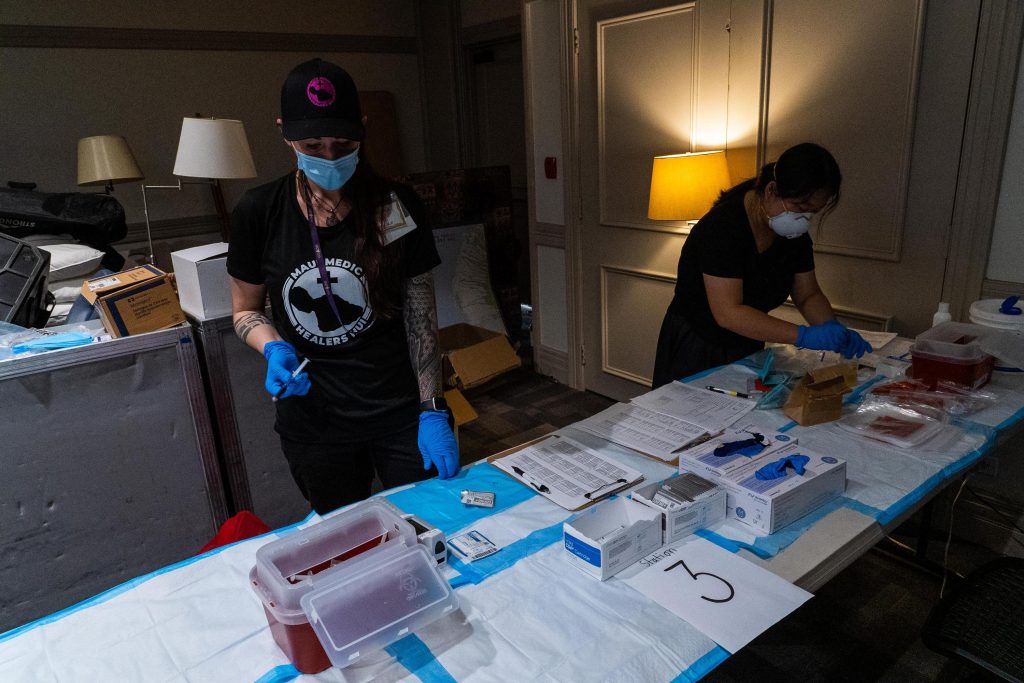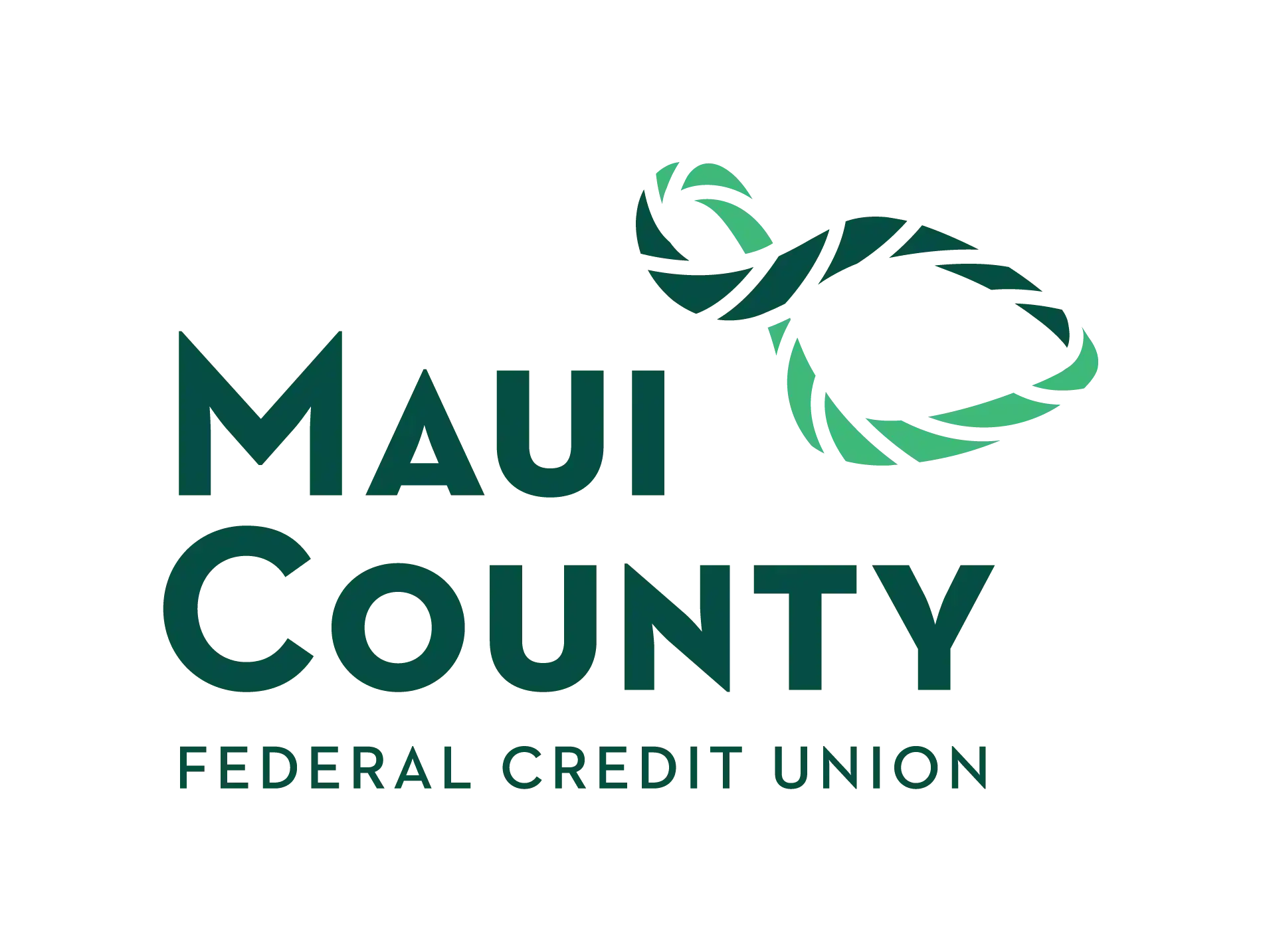UH reports health hazards loom 6 months after Maui wildfires
About half of Maui residents impacted by the August wildfires say their health is worse now compared to a year ago and more than half say they lost their jobs because of the fires, according to a new report issued by the University of Hawaiʻi.
These are among the preliminary findings of the University of Hawaiʻi at Mānoa Maui Wildfire Exposure Cohort Study (MauiWES). Over at least the next 10 years, the study aims to document the acute and chronic health impacts and social conditions caused by one of the most deadly and destructive natural disasters in Hawaiʻi history.
The preliminary results include:
- 49% said their health is worse than last year (prior to the wildfires)
- 58% of participants lost their jobs because of the wildfires
- 65% are in temporary homes
- 24% of participants remain in their pre-wildfire homes
- 11% have moved to new permanent homes
- 24% remain jobless and are searching
- 74% report a drop in their household income
Currently, there are 224 study participants and the preliminary findings are based on surveys and health analyses of those individuals. They were immediately provided their preliminary results and those with abnormal levels of clinically relevant health metrics were encouraged to seek professional medical care.
The grassroots, community based initiative aims to recruit at least 1,000 individuals affected by the wildfires to participate in the study. The next recruitment events are Feb. 9 and 10 at the Royal Lahaina Resort in Lahaina. Visit the website for more information and to register.
Self-reported health outcomes:
- 49% said their health is now worse than last year (prior to the wildfires)
- 24% reported that they do not have steady access to medical care
- 13% reported that they do not have health insurance (This is much higher than last year’s survey of Maui residents when only 1.7% reported being uninsured, which is similar to the statewide rate.)
Physical health assessment:
- 21.5% of the cohort participants showed high blood pressure at the level of stage 1 and 2 hypertension, with 54.8% at prehypertension levels, indicating an overall proportion (more than 76%) of individuals at elevated risk for cardiovascular disease.
- 8–18% of participants may have compromised kidney function.
- 74% of participants may be experiencing poor respiratory health, with 49% exhibiting signs of mild to severe lung obstruction
- 33% with compromised lung function linked to impaired tissue oxygenation.
Mental health assessment:
- 55% are exhibiting depressive symptoms. This is notably higher than the approximately 33% reported for both the general population statewide and specifically for Maui residents in a previous survey.
- Depression rates in the MauiWES cohort increased with age, peaking at 75% in those aged 50–59.
- 34.6% of MauiWES respondents reported low self-esteem, far exceeding the 13–14% observed in the 2023 UH Economic Research Organization (UHERO) pre-wildfires survey. Low self-esteem was consistently high across all age groups in the MauiWES cohort, with notable peaks in the 30–39 and 70+ age groups.
- 1.3% of participants reported recent suicidal thoughts, a slight increase from the state and Maui-specific rates in May 2023, underscoring the persisting mental health challenges in recovering from the wildfires.
Food insecurity:
- Approximately 35% of surveyed households experienced very low or low food security, higher than the 23.7% and 20.5% observed in the earlier UHERO survey of Maui and state cohorts, respectively, pre-August wildfires.
“The notably higher prevalence of potential physical health problems among the affected population underscores the urgent need for early interventions to reduce exposures and prevent the onset of chronic diseases and mortality,” according to the report. “This is particularly crucial for tackling respiratory conditions and mental health concerns, as well as improving access to healthcare services for uninsured individuals.”
The Maui community has faced significant challenges in recovering from emotional, mental and physical trauma of the wildfires that also created environmental hazards, including air pollution and toxic substances, posing additional long-term health risks, UH reports.
MauiWES participants contribute data through a detailed questionnaire and health assessments, including biospecimen collection, to evaluate the short- and long-term health outcomes of potential hazardous substance exposures.
The study is led by UH Mānoa Professors Ruben Juarez of UHERO in the UH Mānoa College of Social Sciences, and Alika Maunakea of the Department of Anatomy, Biochemistry and Physiology at the UH Mānoa John A. Burns School of Medicine.
The initiative is a partnership with community-based organizations including the Maui Medic Healers Hui and Roots Reborn, and supported by seed funding from the Hawaiʻi Community Foundation Maui Strong Fund. This public impact research project is the result of an ongoing partnership between UHERO and JABSOM.


















